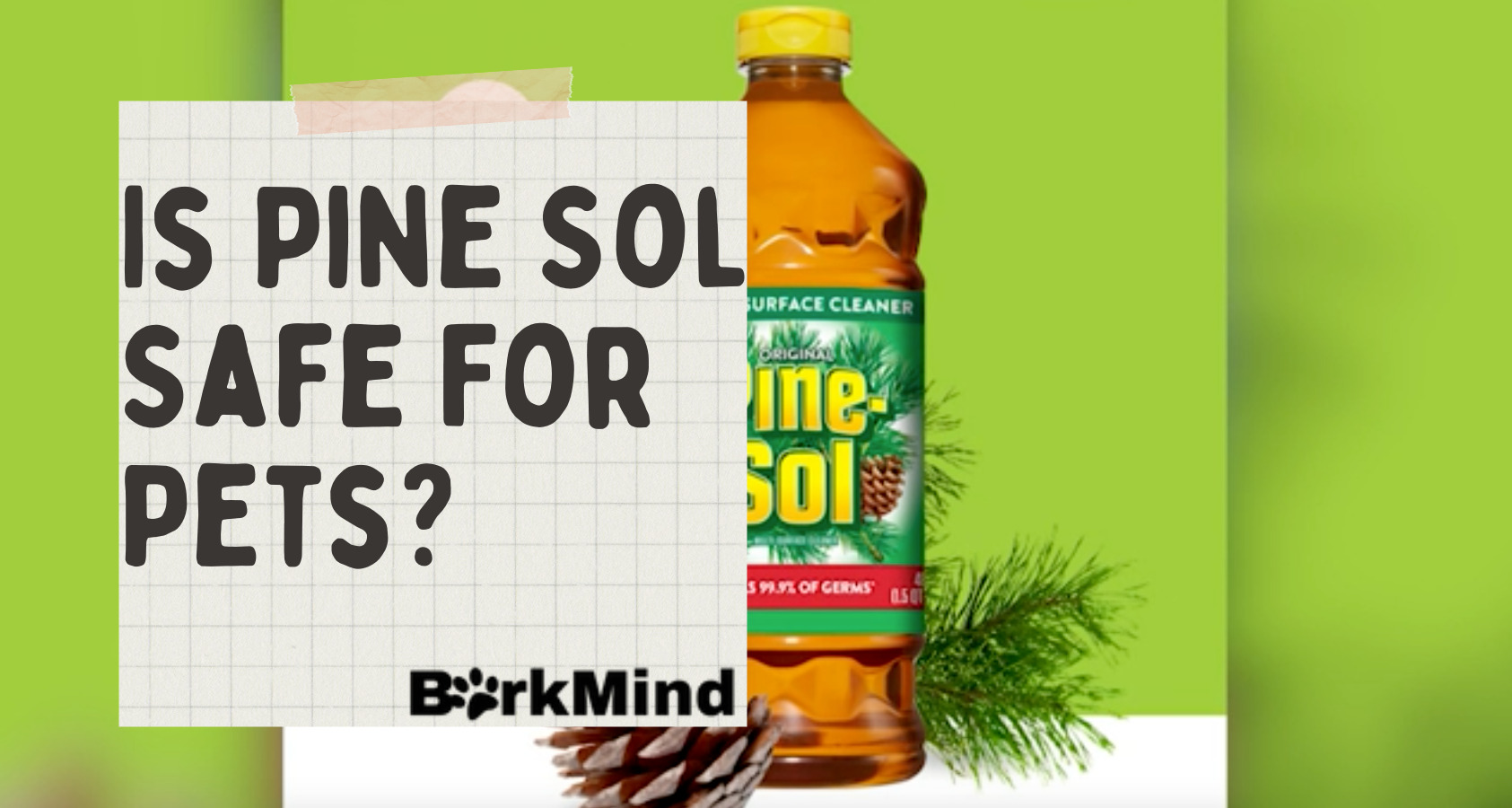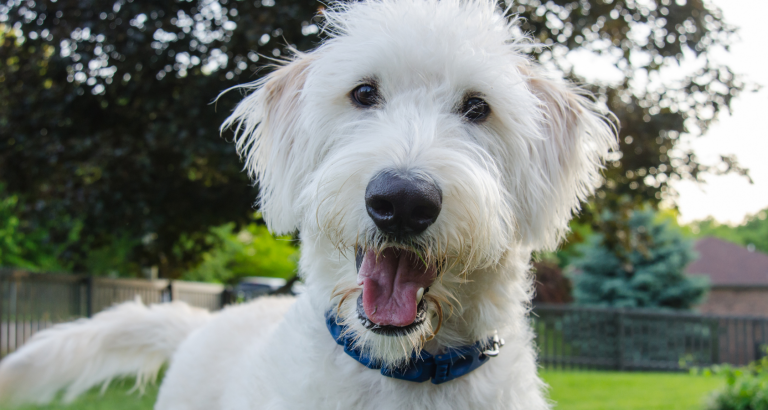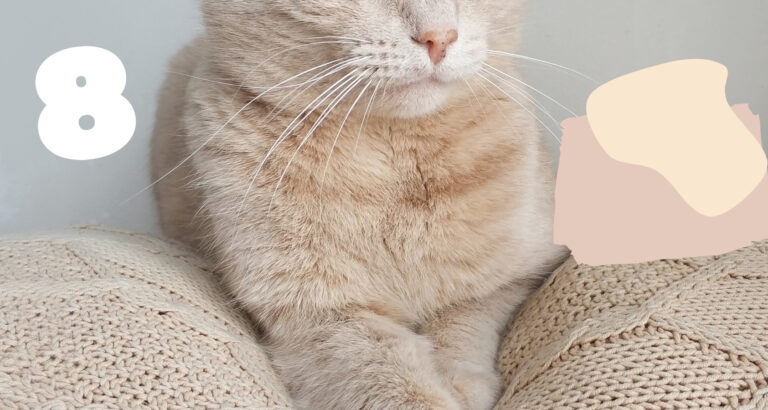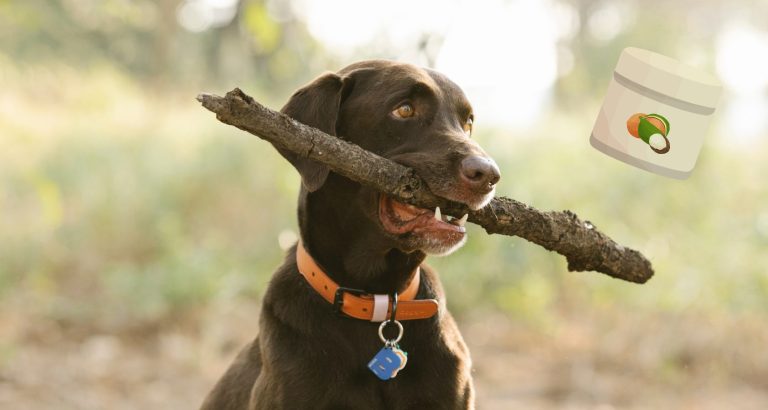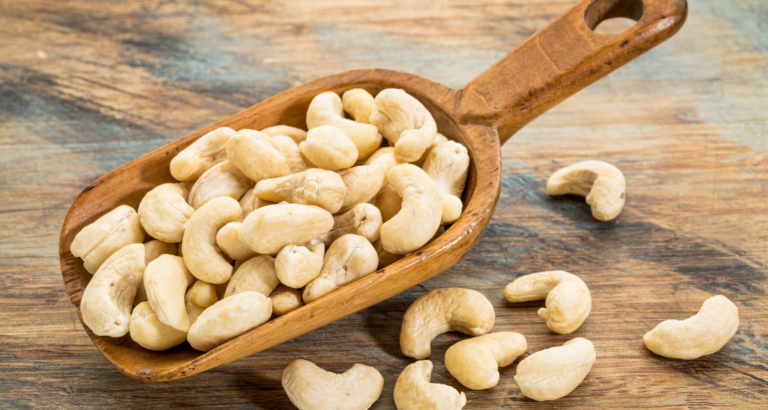Is Pine-Sol Safe for Dogs? Revealed
Last updated on November 18th, 2023 at 09:12 am
Reading Time: 9 minutesThis post may contain affiliate links. If you click and buy we may make a commission, at no additional charge to you.
Is Pine-Sol Safe for Dogs and Cats?
Along with Lysol, Clorox, and Comet, Pine-Sol is one of the most popular household cleaners in North America. It’s effective and not very expensive, which is why a lot of people use it to clean and disinfect a variety of surfaces in their home, from their kitchen countertops to their floors and bathroom sinks.
But if you’re a pet owner and you want to make sure that you’re not risking your pet’s health with the household cleaners you’re using, you’re probably wondering if Pine-Sol is safe for your companion. The short answer is no, Pine-Sol is not safe for cats, dogs, or any other pets. Not only does it contain a variety of ingredients that make its use in animals unsafe, but it can also irritate the sensitive respiratory tract of your pets.
Your cat or dog comes in contact with your floors every day, all day, so the intoxication they might suffer if you decide to use Pine-Sol as a floor disinfectant will be more severe than you might imagine.
How Is Pine-Sol Harmful to Pets?
Pine-sol contains pine oil, sulphonic acid, benzoic acid, and many other chemicals. These chemicals cause respiratory problems and cancer in humans and can have the same if not worse effect on your pets.
As its name suggests, the most harmful component in Pine-Sol is pine oil. If ingested in large amounts, Pine oil can cause pine oil poisoning, which can lead to so many other diseases in your pets. It’s even more harmful to dogs compared to other pets.
Pine Oil Poisoning in Dogs
Pine oil is an extremely toxic material found in most household cleaners. If you’re a dog owner, you might want to remove all the products with pine oil as it can cause serious harm to your pet.
Dogs are curious animals, and they will lick just about anything without a second thought. If pine oil is ingested or even spilled on the dog’s paws, it will be absorbed by the body right away.
If ingested, pine oil will go into their bloodstream and get absorbed by the liver and kidneys. Ingestion of pine oil can lead to kidney failure or your pet’s nervous system or respiratory system shutting down.
Puppies and dogs with liver problems are especially at risk of getting pine oil poisoning. If not treated immediately, it can be fatal.
Symptoms of Pine Oil Poisoning in Dogs and Other Pets
The pine oil in Pine-Sol can end up in your dog’s system through ingestion, contact with the skin, or inhalation. All of these three contact methods pose a health threat to your pet. If your dog is showing the following symptoms, take them to the vet right away.
Respiratory system
- Severe distress
- Breathing difficulties
- Panting
- Dizziness
Accompanied by signs of depression, confusion, hyperactivity, and changes in urination, these clinical signs are usually an indication that your dog has developed pine oil poisoning. Collapse, seizures, or slipping into a coma, are all possible, as well, and are severe and often associated with loss of life.
Facial Changes
Your pet’s eyes, nose, and even their ears can be affected by pine oil, whether through ingestion or respiration, causing symptoms such as the following:
- Incessant blinking or squinting
- Nausea and excessive drooling
- Gagging
- Difficulty swallowing
- Redness and irritation of the pet’s visible mucous membranes (eyelids, nostrils, and lips)
These signs can be accompanied by additional ones, such as pawing at the face, muscle tremors, and lethargy.
Symptoms caused by oral ingestion of Pine-Sol
Drinking Pine-Sol is by far the most dangerous exposure that pets can have, and it automatically adds toxins into the animal’s bloodstream. Consequently, absorption happens faster, requiring veterinary assistance as soon as possible.
Some signs you might notice if your cat or dog ingested Pine-Sol are:
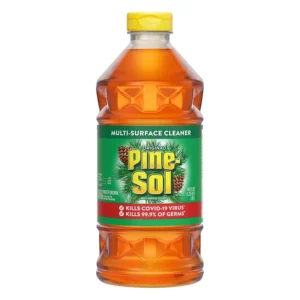
- Abdominal pain
- Convulsions
- Diarrhea
- Difficulty walking
- Pine oil scent on breath, skin, or hair
- Rapid heart rate
- Difficulty swallowing
- Unconsciousness
- Redness or burns on the lips, gums, tongue, or skin
- Nausea and vomiting
Treatment of Pine-Sol Poisoning in Pets
Treating this type of intoxication depends on the way Pine-Sol has entered the animal’s body. The first 24 hours are crucial in terms of survival, and without veterinary care, chances are that your pet will lose their life.
For breathing Pine-Sol, vets tend to use oxygen therapy, a procedure where a cannula is inserted through the nostrils to provide oxygen in this way. Some dogs do not respond well to this technique and might attempt to remove it, even when they’re coming out of light sedation, which is why pets are often put in a so-called “oxygen cave” — a plastic box into which oxygen is pumped, so it is the only thing that your pet can breathe.
Oral ingestion calls for a different kind of treatment. Activated charcoal is utilized to ensure that as much of the toxin is released naturally without it being absorbed into the pet’s system. While activated charcoal is great for the purpose, its efficiency depends on the time it is administered. Ideally, it should be given 30 to 60 minutes following ingestion of a toxin in order for it to do its job properly. If everything fails and your pet is still showing signs of intoxication, blood transfusions might be another therapy elected by your vet.
After bringing your dog home, you should monitor him. Check his vitals and urine output. Call your veterinarian if any of the symptoms recur and get him resubmitted.
Is Pine-Sol Harmful For Cats?
We know for sure that pine-sol is extremely dangerous to dogs, but what about cats? Well, it’s not 100% confirmed yet. Some chemicals found in pine-sol can be harmful to cats, but there’s no proper proof as the percentages of chemicals are unknown.
- An experiment was conducted where Methoxyacetic acid, a chemical present in pine-sol was administered to some rats. No prominent symptoms occurred; however, when a higher dose was injected, the rats were found to have decreased body weight and reduced bone marrow. So considering the results, similar conditions can occur in cats in the likelihood that they ingest it.
- Glycolic acid, another chemical present in pine-sol, is harmful to cats in high doses. It can cause acidosis, which may lead to the formation of crystals in the kidneys that can cause renal failure and cell death.
- D-limonene present in pine-sol is found to be toxic to cats. Although it doesn’t cause symptoms other than mild, it’s best to be avoided, especially in high concentrations.
Given that it’s better to be safe than sorry, we recommend avoiding using Pine-Sol in your household. Do not use this disinfectant for cleaning your pets’ bowls — rely on good old water and soap, instead. If your cat’s skin comes in contact with Pine-Sol, the best thing you can do is to give them a warm bath and use cat-friendly shampoo, but make sure that they haven’t already groomed themselves and ingested some of it.
Prevention of Pine-Sol and Pine Oil Poisoning in Pets
As a responsible pet owner, you should get informed before purchasing any household cleaner or disinfectant and checking whether it’s safe to use in pet environments or not.
The most commonly toxic ingredients in cleaners that you should avoid at all cost are listed below.
- Ammonia
Many cleaning products like floor cleaners, oven cleaners, or drain cleaners contain ammonia. Ammonia is toxic to pets. If they ingest it or come in contact with it, it can cause extreme irritation of the eyes, nose, and throat.
- Phthalates
Phthalates are found in most air fresheners, carpet fresheners, and more. They are sometimes labeled as ‘fragrance.’ If a product containing phthalates is sprayed around your pet, the fumes can make your pet sick. Just to be on the safe side, avoid using air fresheners and other such products — rely on natural aromatherapy and pick essential oils that are safe for pets.
- Benzalkonium chloride
Benzalkonium chloride is found in disinfectants, and lots of people rely on these products because of their antiviral properties. When diluted properly, it does not harm pets; however, high concentrations can cause skin irritations.
- Bleach
Pets, especially dogs, are really sensitive to scents. As you probably know, bleach has an extremely potent smell, and it can easily irritate your pet’s nose, potentially leading to respiratory health issues. When ingested, it can be fatal. If bleach must be used somewhere, then it’s recommended to wipe that area multiple times and dry it properly before allowing your pet in the area again.
- Formaldehyde
Formaldehyde is mostly found in new home furnishings, household cleaners, and new fabric. Its also used a lot in human soaps and shampoos. Formaldehyde is found to be the cause of cancer in most pets. If inhaled or absorbed through the skin, it can seriously harm your pet, leading to vomiting, lethargy, and other symptoms. Consistent use of formaldehyde around the house can increase your pet’s risk of developing cancer over time. Avoid bathing your pet with shampoos and soaps made for humans as they may not be pet safe.
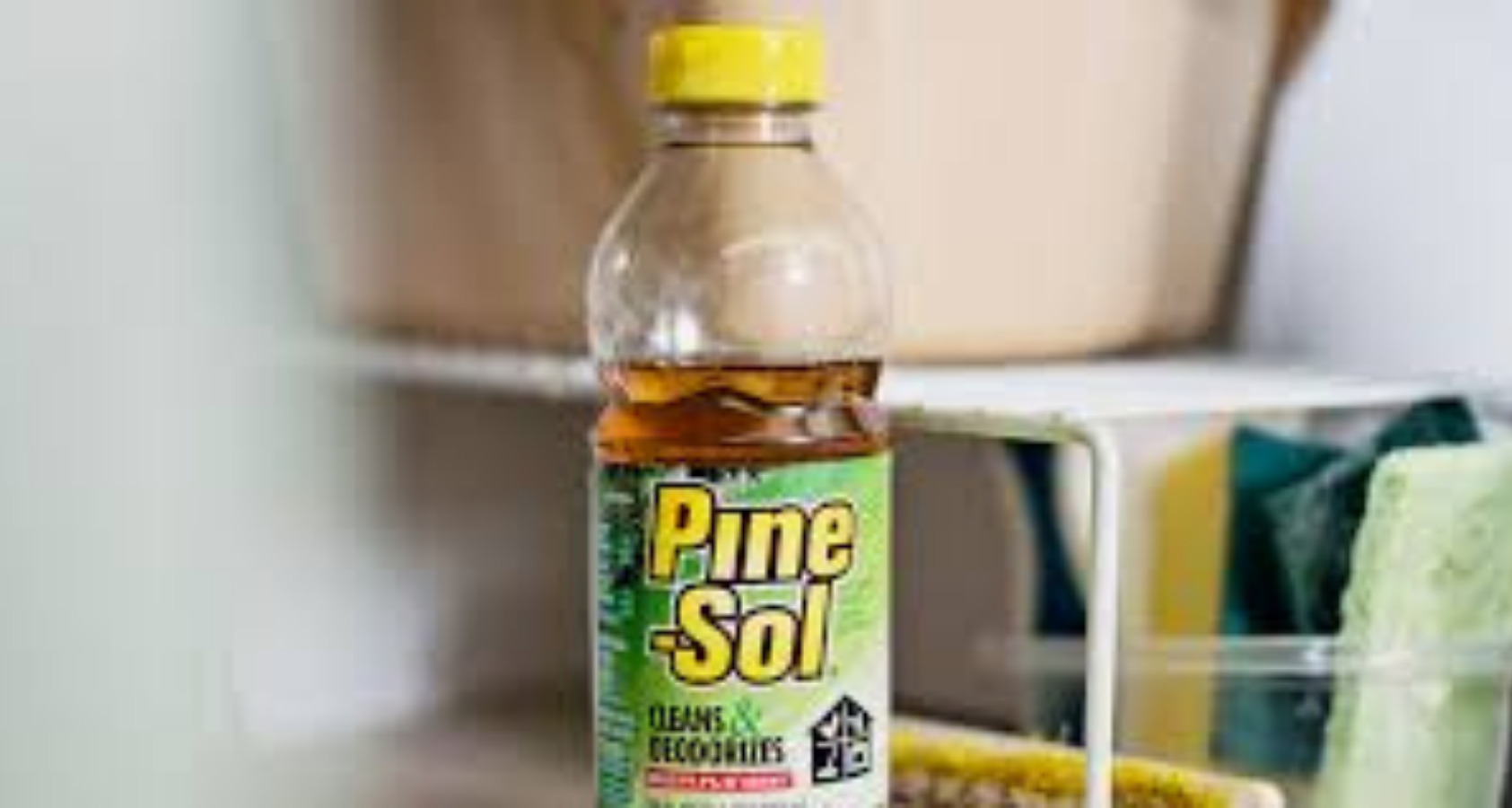
Frequently Asked Questions
Is Pine-Sol bad for dogs?
Yes. Pine-Sol is just as bad for dogs as it is for other animal species, and this is due to ingredients such as pine oil and benzoic acid.
Is Pine-Sol toxic to cats?
Yes. Cats are particularly sensitive to Pine-Sol and other household cleaners, as they are shorter and come in closer contact with floors, and they also groom their bodies every single day. Subsequently, the risk of them ingesting Pine-Sol indirectly is far greater.
Does Pine-Sol kill fleas on dogs?
No. Not only does it not kill fleas on a dog’s body, but it can also cause skin irritation and a variety of other cutaneous health complications. If you were to pour Pine-Sol directly onto an animal’s skin, they could also develop poisoning as some amount will inevitably end up in their bloodstream.
Is diluted Pine-Sol safe for pets?
While diluted Pine-Sol is certainly less harmful than the undiluted form, that doesn’t make it any safer for pets. It is best to be avoided at all costs.
Does Pine-Sol keep animals away?
If you’re planning on using Pine-Sol as a deterrent on your patio, for example, it can be a good solution. Its smell is so powerful that it will deter stray animals from coming to your doorstep, whether that be dogs or cats. They are not going to like the scent, so they’ll stay off your property.
Do dogs like the smell of Pine-Sol?
No. Given its pungent fragrance, most dogs are actually not interested in coming in contact with Pine-Sol whatsoever. They feel that something is wrong with the product and that it’s going to make them experience nasal and eye discharge, so it’s an irritant for the upper respiratory tract.
How much Pine-Sol is toxic to dogs?
There are no guidelines issued by vets as to how much Pine-Sol can be dangerous to use around pets, but as previously mentioned, if you care for the health and safety of your cat or dog (and your veterinary bills, too, especially if you don’t have pet insurance), it would be best for you to avoid using it in your home completely.
Is Pine-Sol safe for cats after it dries?
It depends on the amount of time that has passed since you cleaned your floors with Pine-Sol and also if you rinsed them off with a simple water solution. If you basically removed it, your cat may be allowed in that room, but chances are that they’re not going to have an interest in going there anyway.
Conclusion – Is Pine-Sol Safe for Pets?
There is no doubt that Pine-Sol is not a pet-friendly cleaner. Ideally, you should avoid using it if you have any pets. As you know, sometimes it can be impossible to prevent pets from licking or drinking something they’re not supposed to. Consequently, they put themselves in danger.
To avoid your pets from getting sick by ingesting dangerous chemicals, you can do a bit more research about the detergents and cleaners that can put your pet’s health at a risk. In doing so, you can remove the harmful cleaning products and provide a safe and protective home for your pets.
About The Author
Cristina Vulpe is a credentialed veterinarian with a PhD in canine oncology. She loves a variety of topics from animal welfare and pathology to infectious disease, parasitology, and legal medicine. Above all, she enjoys giving practical and easy-to-use advice to current and potential pet parents across the world, with an aim of simplifying complicated terminology and information so that dogs get the best care in the world. Her articles have been published by dozens of websites in the past.

